Have you ever noticed how a sunny day makes you feel more awake and alive? There's more to it than just the warm weather—many of the benefits can be attributed to vitamin D! In the realm of sleep science, this vitamin plays a surprising role in helping us catch those much-needed ZZZs.
Vitamin D, often referred to as the "sunshine vitamin," is a fat-soluble vitamin that plays a crucial role in maintaining overall health. It is essential for the absorption of calcium, promoting bone and teeth health, and preventing conditions like osteoporosis. Beyond bone health, vitamin D supports the immune system, helping the body fend off infections and reducing the risk of chronic diseases. Your whole body uses vitamin D and ensuring adequate levels through sunlight, diet, and supplements is vital for maintaining overall health and well-being. But, many people don’t get the amount that their body needs, leading to vitamin D deficiency.
Find out more about vitamin D, its effects on sleep and health, and the measures that you can take to ensure you're getting enough of it.

What is Vitamin D?
Vitamin D does more than just boost your mood. It has a role in regulating your circadian rhythm and sleep-wake cycle. Vitamin D is involved in the pathways that lead to the production of Melatonin, a hormone involved in the regulation of human circadian rhythm and sleep. Think of vitamin D as your body's natural sleep aid. So how does it work?
Vitamin D2 and vitamin D3 are the two primary forms of vitamin D. You have to consume foods or dietary supplements that contain vitamin D2 in order to obtain it. The primary source of vitamin D for humans is sunlight exposure, which triggers the synthesis of vitamin D3 in the skin.
In regions where sunlight exposure is limited, or for individuals who have difficulty absorbing vitamin D from dietary sources, supplementation may be recommended. Vitamin D supplements are available in both D2 and D3 forms. Although there are benefits to both forms of vitamin D, vitamin D3 seems to have more potency and a more long-lasting effect on the body.
People's innate capacity to make vitamin D3 decreases with age. This is the reason that different age groups require different daily dosages of vitamin D. As humans age, changes in the skin, such as reduced thickness and decreased efficiency of vitamin D synthesis, can impair the production of vitamin D3.
For example, the recommended dietary allowance set by the Institute of Medicine (IOM) in the United States is as follows:
- Infants (up to 12 months): 400 IU (10 mcg)
- Children (1-18 years): 600-1,000 IU (15-25 mcg)
- Adults (19-70 years): 600-800 IU (15-20 mcg)
- Adults (>70 years): 800-1,000 IU (20-25 mcg)
How Does Vitamin D Impact Sleep?
Studies indicate that vitamin D has a critical impact on our sleep health. Those of us with Vitamin D deficiency are more prone to experience:
- Later bedtimes
- Shorter periods of total sleep time
- Poor sleep quality
- Fragmented sleep and multiple wake-ups during the night
Moreover, sleep disturbances are more likely to occur in those who are deficient in vitamin D.
Although research on the connection between vitamin D and sleep is ongoing, there are a few possibilities explaining why low vitamin D levels are frequently linked to sleep issues.
- Vitamin D is an Essential Component of Brain Function: Your brain is full of vitamin D receptors, especially in areas that control sleep. They are present in areas of the brain involved in the regulation of neurotransmitters such as serotonin and dopamine, which are necessary for mood regulation, memory, and cognitive function.
- Neurotransmitter Regulation: Melatonin, a hormone that promotes sleep, is produced by the body with the aid of vitamin D. It is involved in the synthesis of neurotransmitters like serotonin, which plays a role in sleep regulation. Serotonin, as an example, is a precursor to melatonin, the hormone that regulates sleep-wake cycles. Sleep issues can arise from low melatonin levels, which can be caused by low vitamin D levels.
- Sunlight Has an Impact on Sleep and Vitamin D Production: Reduced exposure to sunshine may have a negative impact on a person's natural sleep-wake cycle and vitamin D production since sunlight aids in the body's creation of vitamin D and circadian rhythm regulation.
- Muscle Function and Restlessness: Vitamin D is important for muscle function and strength. Low levels of vitamin D may lead to muscle pain, weakness, or discomfort which can lead to a lower sleep quality and contribute to conditions such as restless leg syndrome.
Supplementing with vitamin D has been shown in several trials to enhance both the quantity and quality of sleep. However, other research came to the conclusion that they may even lower the quality of sleep and have no effect at all. This variability could be due to differences in study design, participant characteristics, dosage of vitamin D used, and the duration of testing supplementation.
Sleep is influenced by a wide range of factors including individual differences in health, lifestyle, and any underlying sleep disorders. It's evident that not enough vitamin D causes bad sleep, but it's unclear if vitamin D alone can prevent or treat sleep issues.
How Do I Know If I’m Vitamin D Deficient?
While people with vitamin D deficiency may not show obvious symptoms, some potential signs include:
- Fatigue or tiredness
- Bone pain, muscle weakness, and/or pain
- Mood changes and depression
- Frequent illness
- Hair loss
The most accurate way to determine if you’re vitamin D deficient is through a blood test ordered by your healthcare provider.
How Can You Improve Your Vitamin D Levels for Better Sleep?
There are multiple ways to improve your vitamin D levels. You can produce vitamin D when your skin is exposed to sunlight and/or through dietary sources supplements.
Sunshine
- Spending time outdoors and having safe exposure to sunlight can help your skin naturally produce vitamin D when exposed to UV rays.
- Aim for 10-30 minutes several times a week depending on one’s skin type and geographic location.
Food
- Incorporate fatty fish like salmon, mackerel, and tuna into your diet, as they are rich sources of vitamin D.
- Also, mushrooms, orange juice, and milk are dairy and fortified foods that could be supplemented with your diet.
Supplements
- Individuals interested in exploring the potential benefits of vitamin D should consider consulting with their healthcare provider to determine if supplementation is appropriate.
- Vitamin D3 is typically recommended for supplementation over D2. The main distinction is that D3 comes from animal sources, whereas D2 is derived from plant sources. Both will increase your vitamin D levels, but research indicates that D3 can be more effective.
So, next time you're soaking up some sunshine, remember: you're also helping yourself sleep better at night!
Want Additional Resources?
- Vitamin D Supplementation and Sleep: A Systematic Review and Meta-Analysis of Intervention Studies
- Vitamin D and Sleep Regulation: Is there a Role for Vitamin D?
- Relationship between Sleep Duration, Sun Exposure, and Serum 25-Hydroxyvitamin D Status: A Cross-sectional Study
Sources:
- https://medlineplus.gov/ency/article/002399.htm
- https://www.ncbi.nlm.nih.gov/pmc/articles/PMC6118887/
- https://www.ncbi.nlm.nih.gov/pmc/articles/PMC8912284/#:~:text=Growing%20evidence%20has%20demonstrated%20that,13%2C14%2C15%5D.
- https://www.ncbi.nlm.nih.gov/pmc/articles/PMC3501667/
- https://www.medicalnewstoday.com/articles/vitamin-d2-vs-d3#vitamin-d-2-vs-d-3
- https://pubmed.ncbi.nlm.nih.gov/32156230/
- https://www.dietaryguidelines.gov/resources/2020-2025-dietary-guidelines-online-materials/food-sources-select-nutrients/food-sources
- https://www.goodrx.com/well-being/supplements-herbs/vitamin-d2-vs-vitamin-d3-whats-the-difference




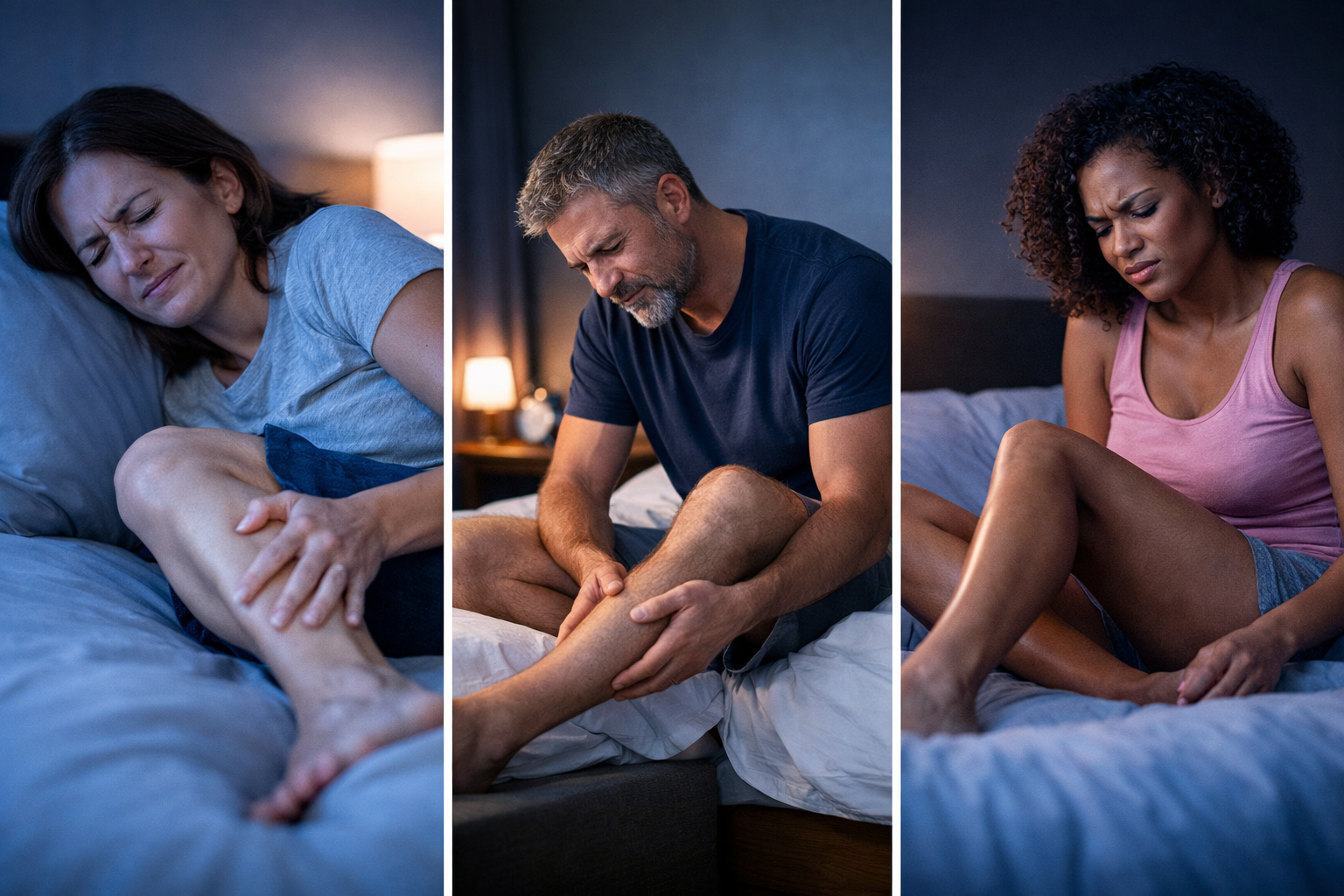
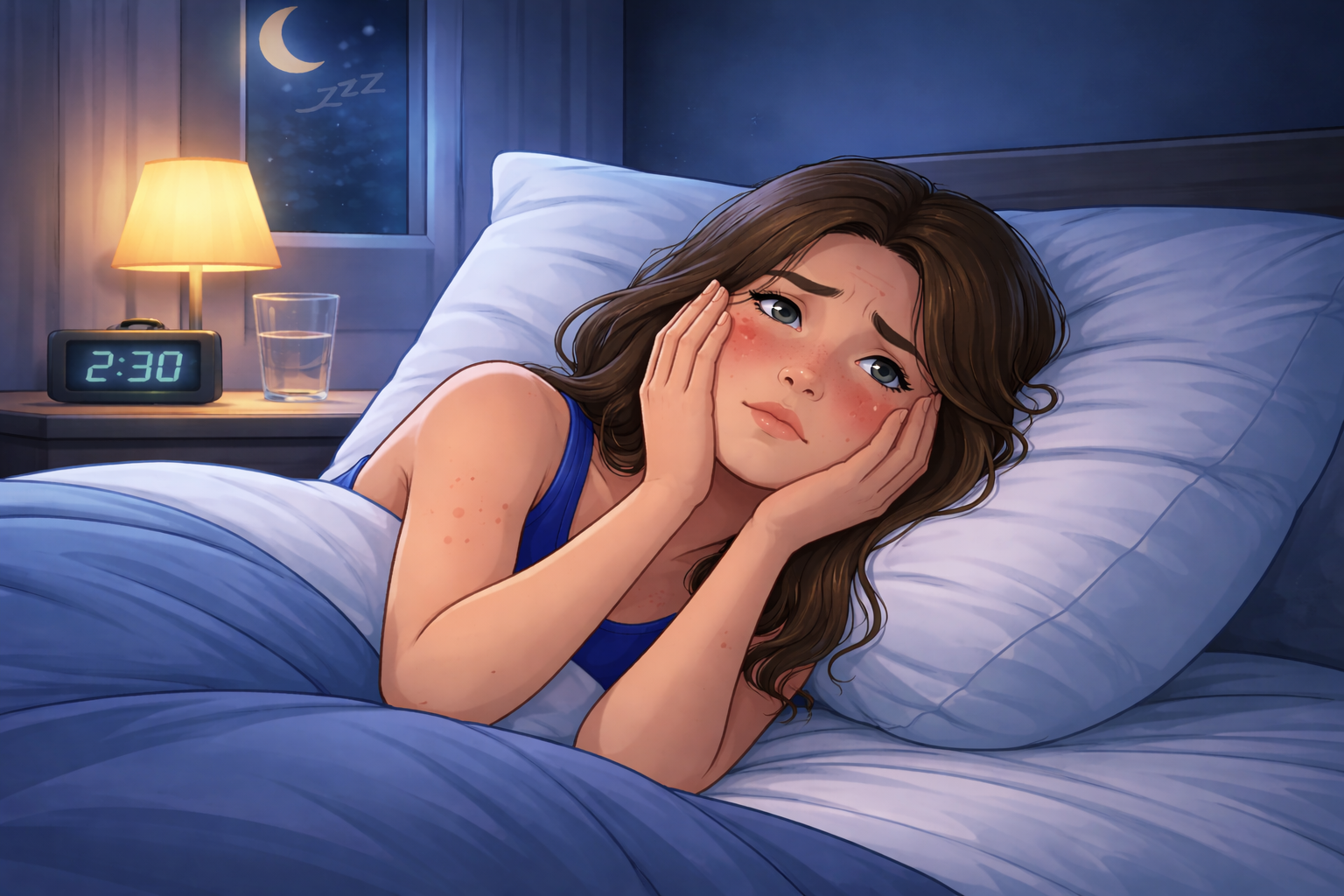


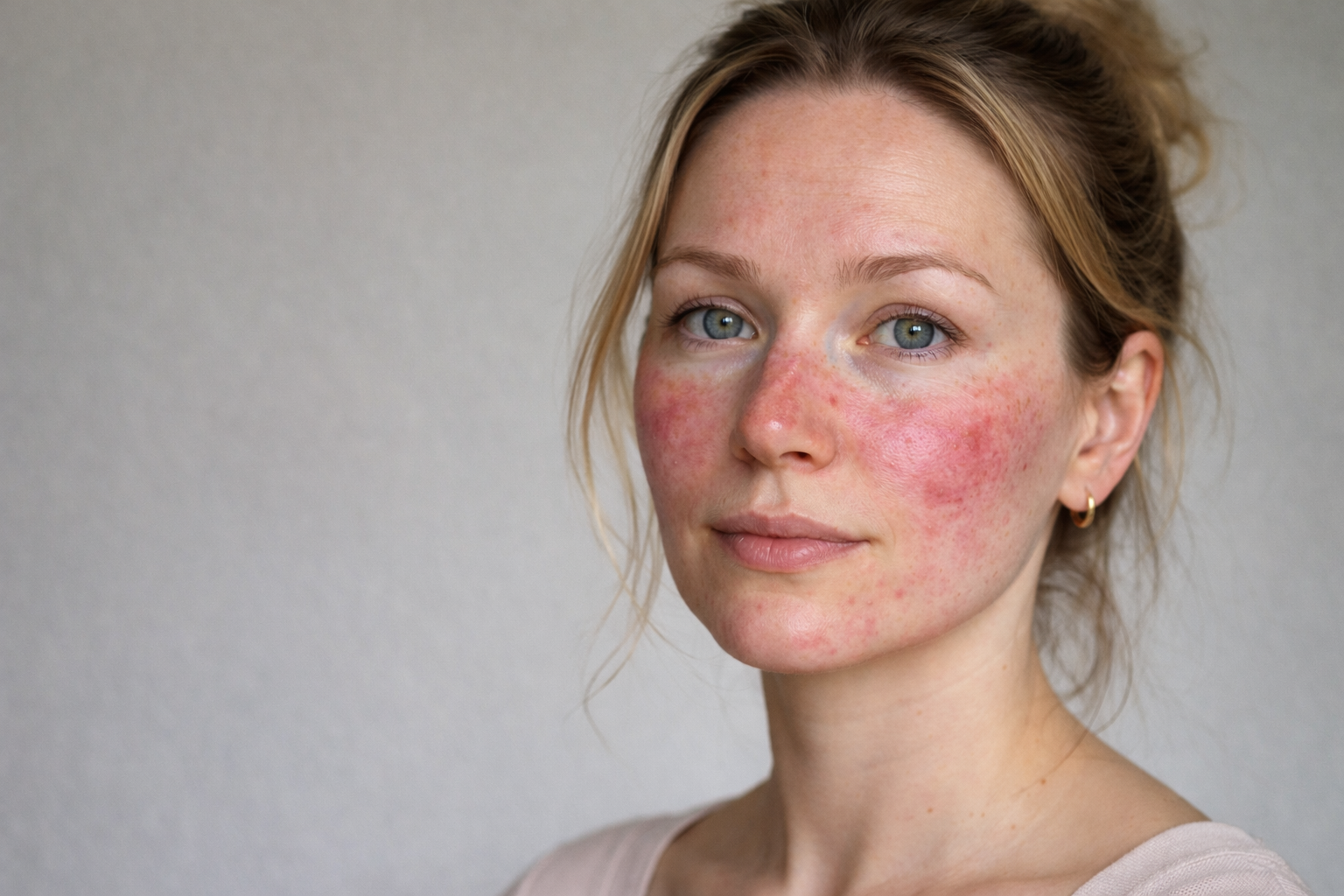


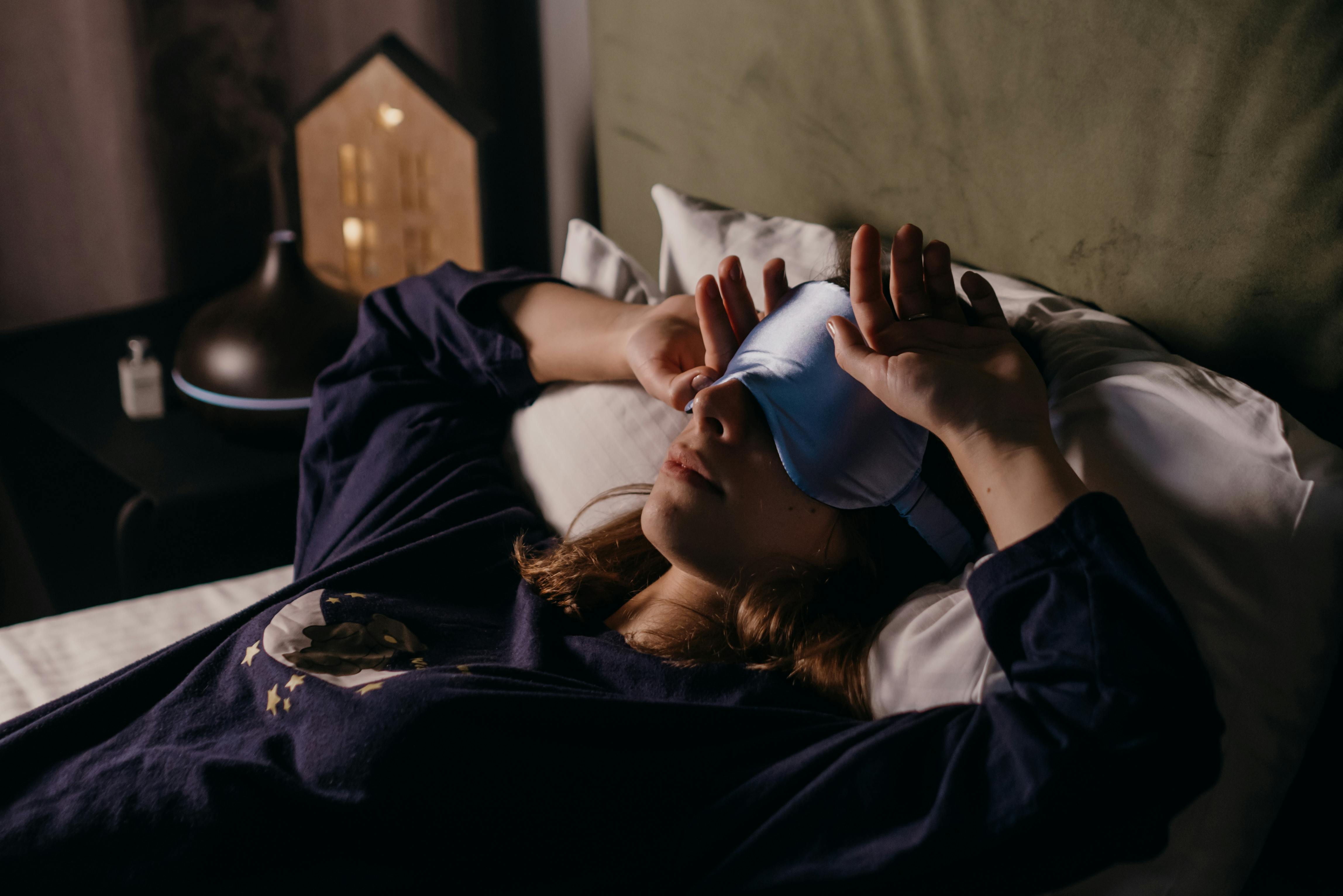




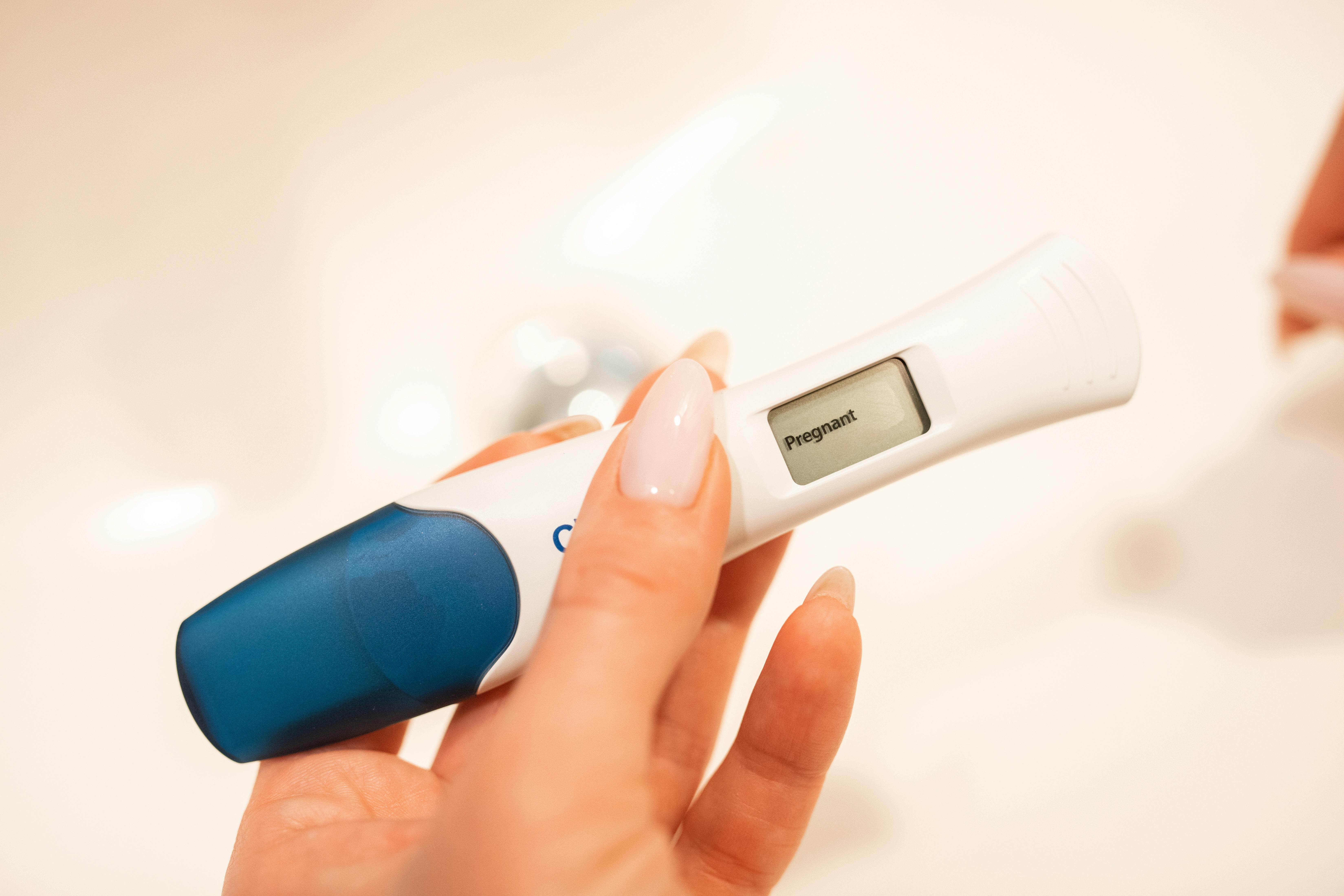
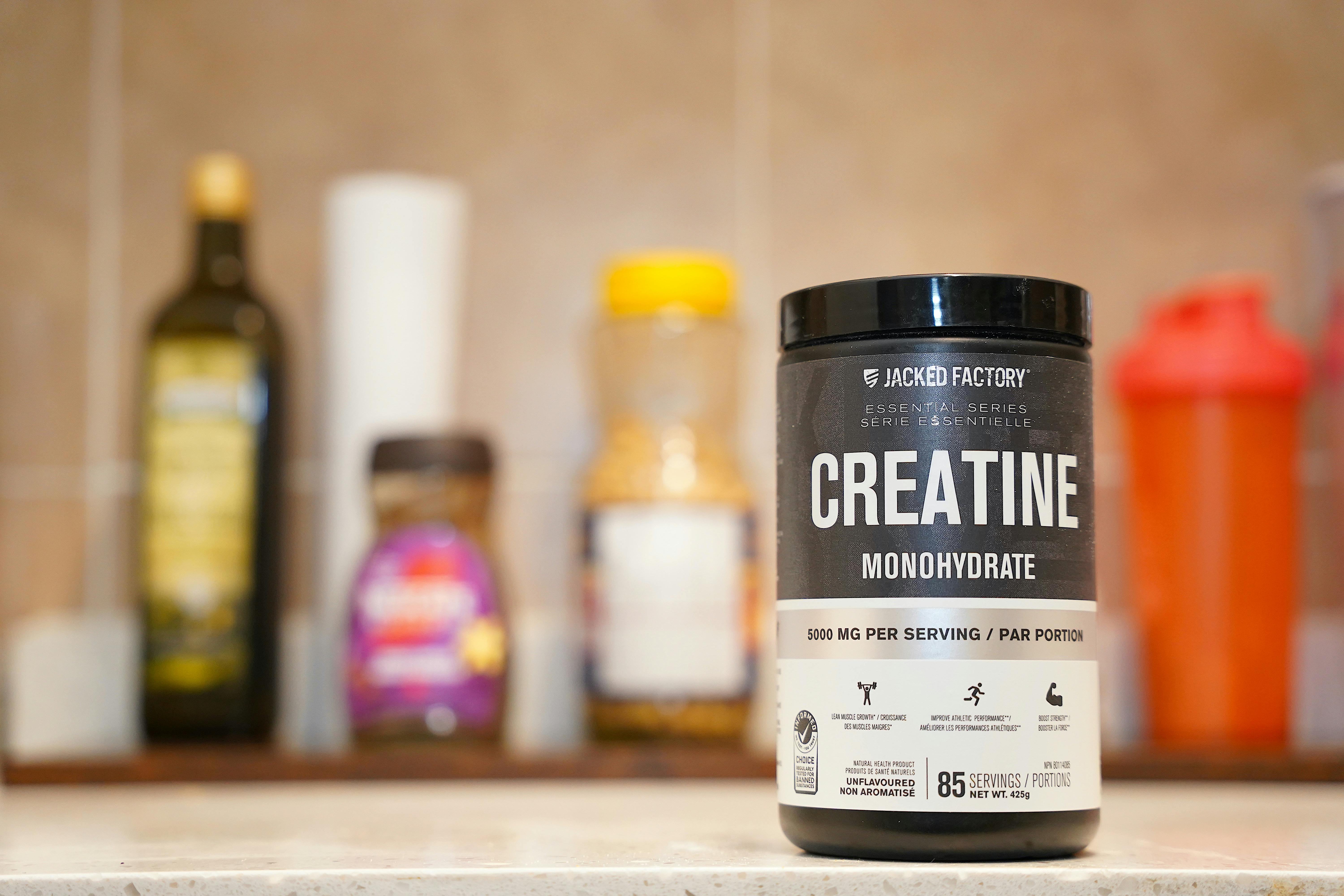






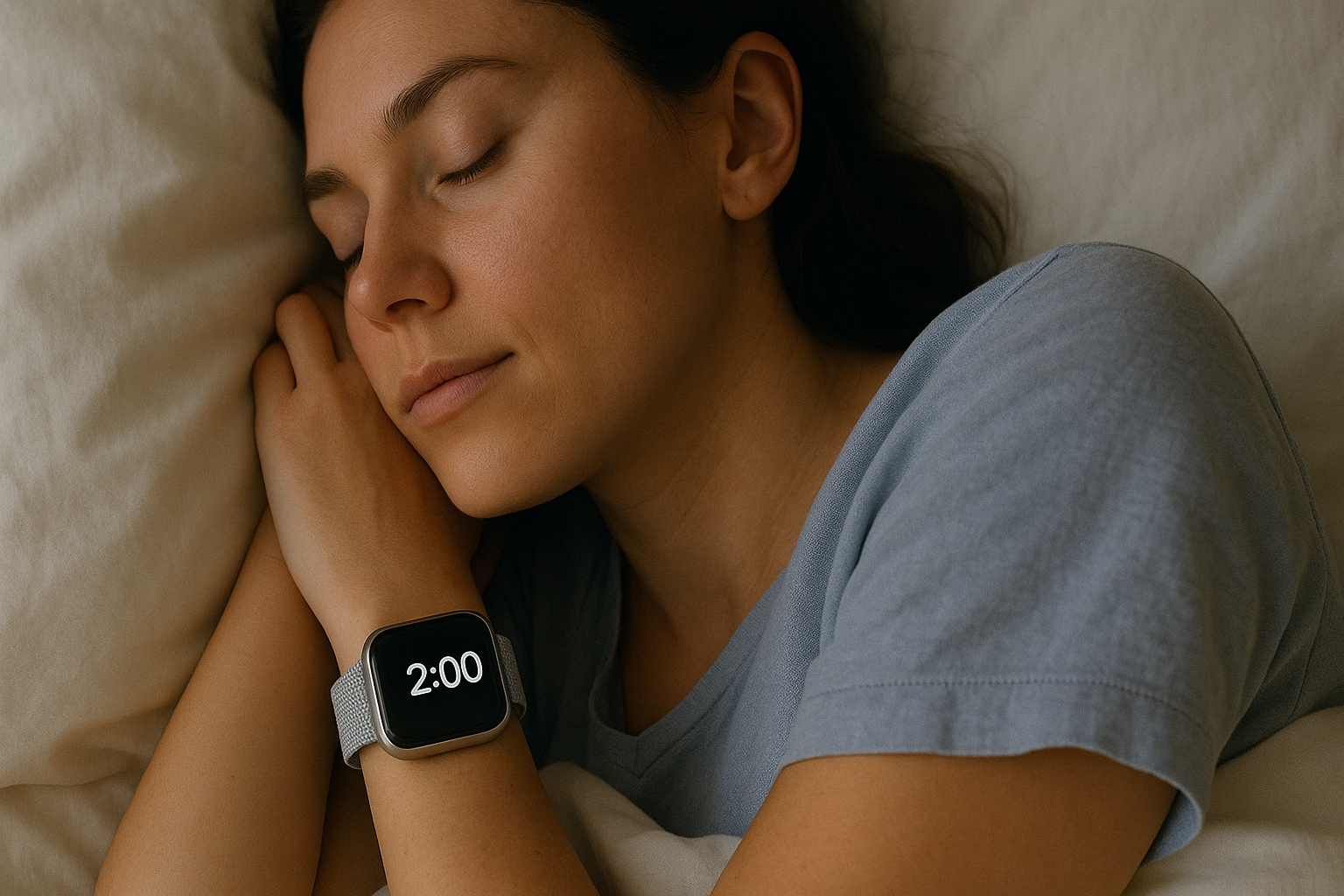


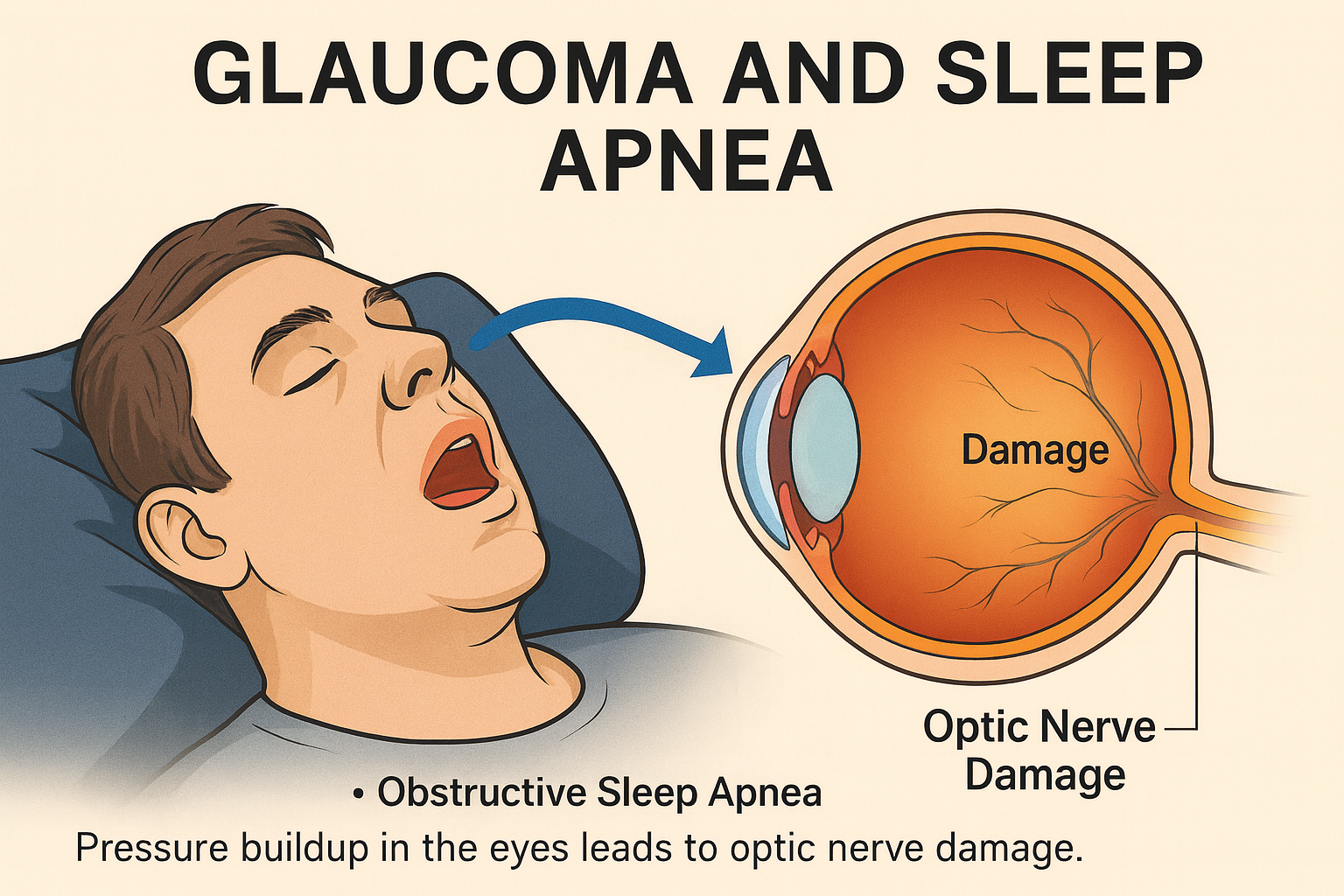
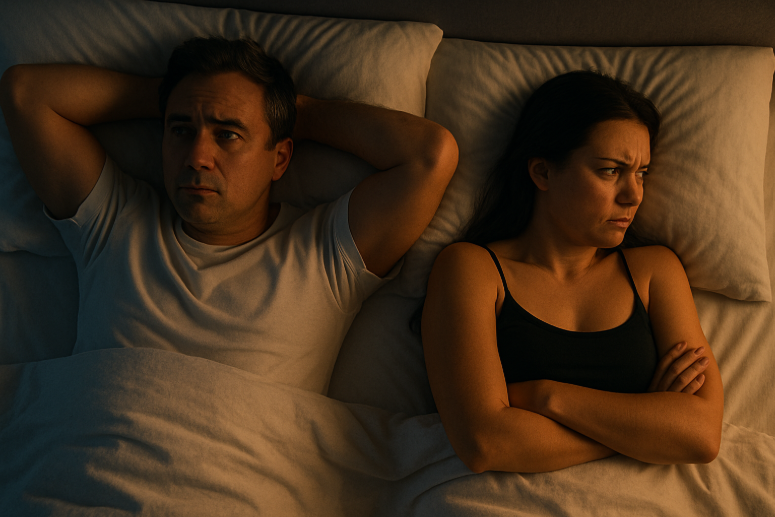
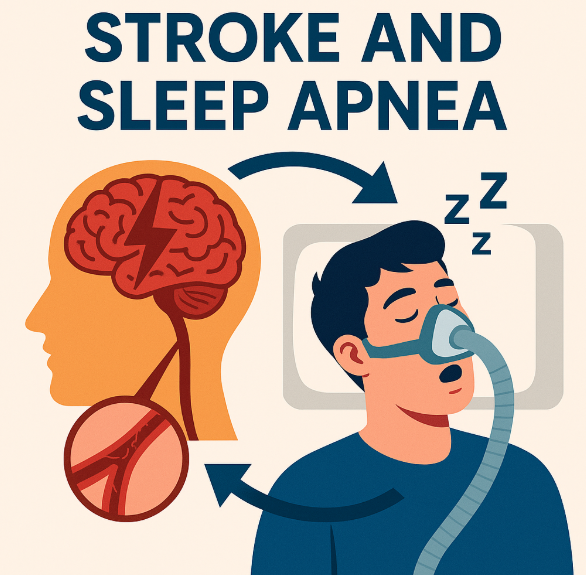
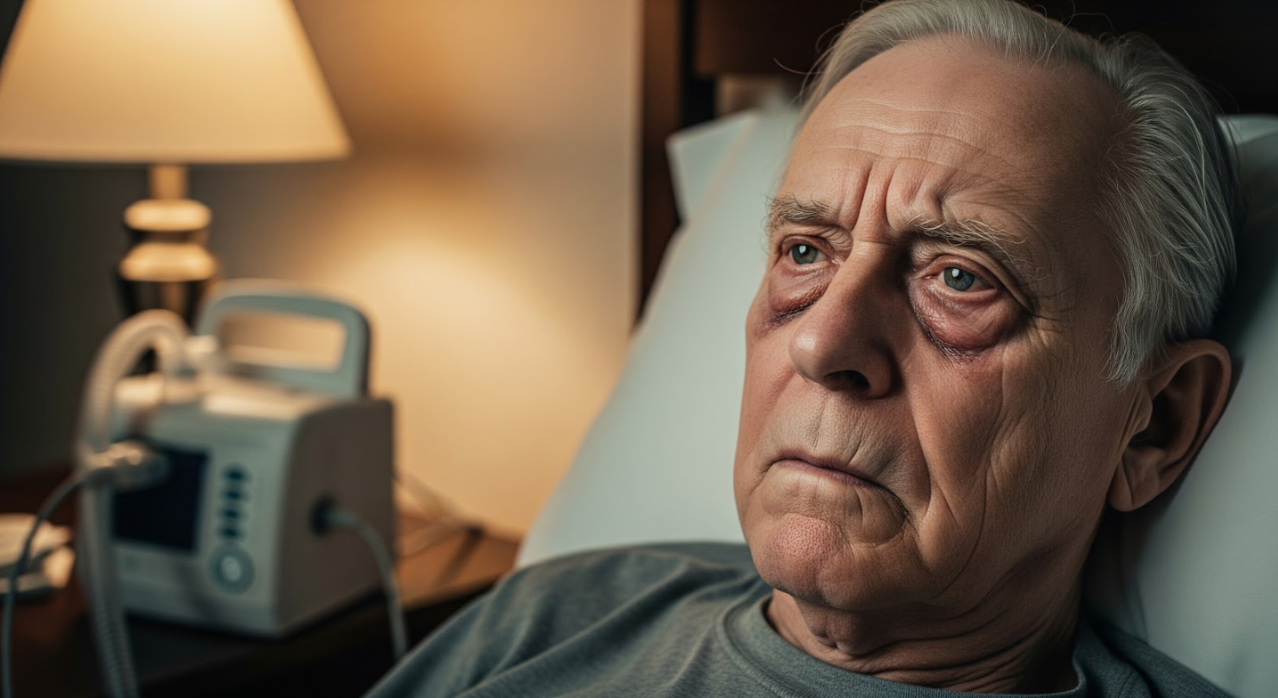
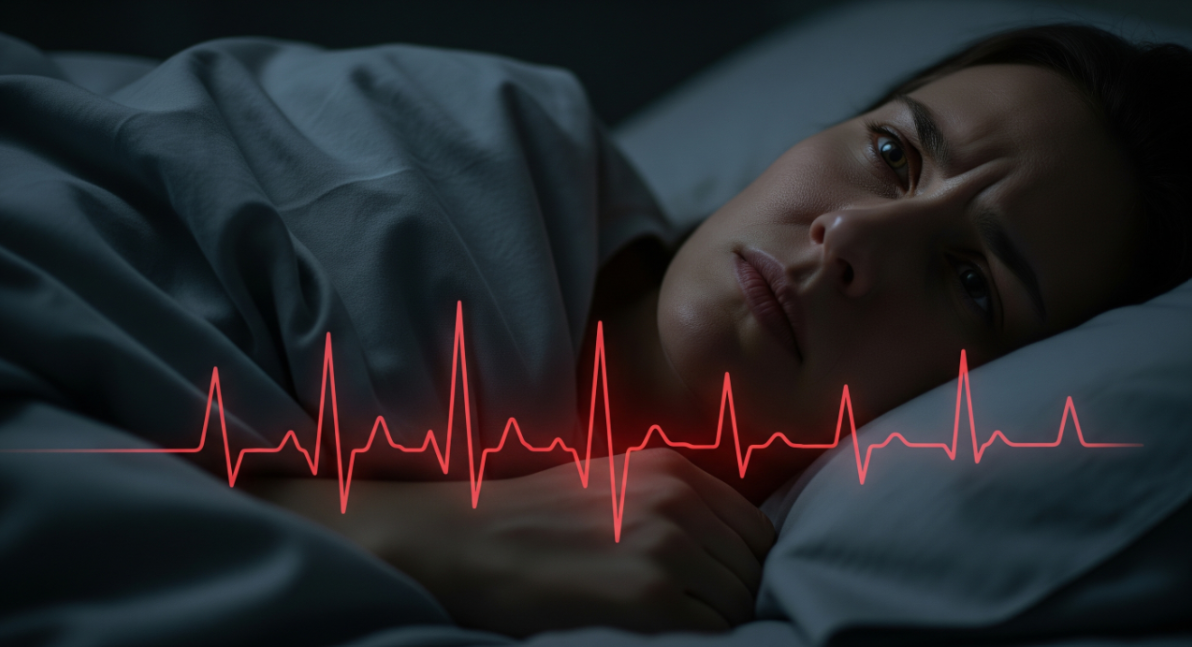





























































%20thumbnail.jpg)
.png)